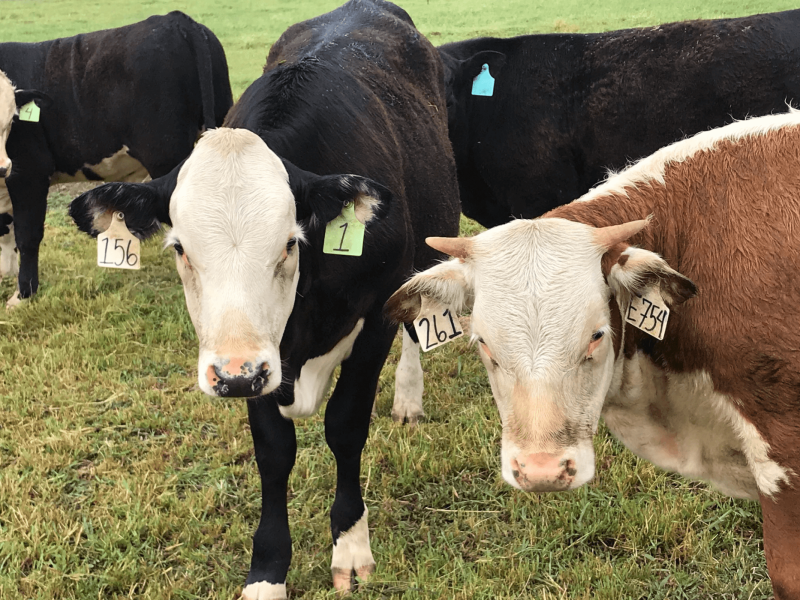As scientists in labs across the world create virus-resistant pigs, heat-tolerant cattle and fatter, more muscular lambs, a big question looms: Will regulation, safety concerns and public skepticism prevent these advances from becoming anything more than fascinating laboratory experiments, or will the animals transform agriculture and the food supply?
So far, gene-editing tools have jump-started research worldwide …. Now, proponents of the field say …. government action over the next year could determine whether any gene-edited food animals make it to market.
…
The Food and Drug Administration, which oversees animal gene editing, announced in late October that it will issue new guidance next year to calibrate the regulation to the risk posed by the product. Sonny Perdue, the secretary of agriculture, met with food biotechnology leaders in November.
Researchers, after years of fighting public skepticism on genetically modified foods, are hopeful but not optimistic. Advocates are lining up on both sides of the issue.
“We’re at this inflection point in society, where gene editing is really taking off, and now is the time we could have a more sustained public conversation about how we want it used in our world and how we don’t want it to be used,” said Jennifer Kuzma, co-director of the Genetic Engineering and Society Center at North Carolina State University.
Read full, original article: Gene-edited farm animals are coming. Will we eat them?































